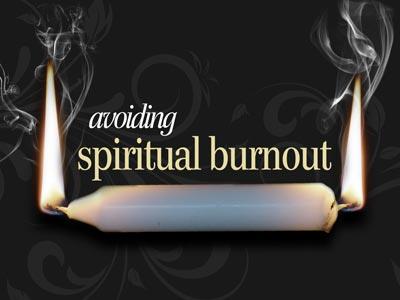-
When Life Really Gets Hard (I) Series
Contributed by Richard Tow on Sep 16, 2009 (message contributor)
Summary: Benefits gained by those who persevere through trials are discussed. James tells us to rejoice in hardship; sermon examines why.
- 1
- 2
- 3
- …
- 5
- 6
- Next
When Life Gets Really Hard
James 1:2-12
4-13-08
How would you respond this morning if you received a call telling you that terrorists had just blown up your house and your insurance had expired yesterday?
How would you respond if your boss called to tell you his business had fall off and he was going to have to let you go—you lost your job through no fault of your own?
How would you respond if a tornado hit and you were informed that the storm had killed all your children?
Something very close to all those things happened to Job one right after another.
Today we’re going to talk about dealing with the trials of life. How do you respond when troubles and disappointments come into your life?
The common response would be depression, discouragement; some might get mad and do something foolish. Most people would not respond the way James tells us to respond. James tells us in chapter 1, verse 2 of his book, “...count it all joy when you fall into various trials.” Someone might say, “Yea, that’s easy for you to say. You don’t have the troubles I have.” Well, we found out last week that James knew some things about trouble. In fact, a while after writing this book some people killed him because he wouldn’t deny Christ. We also learned that the people to whom James wrote his epistle were experiencing some severe trials. James is writing primarily to Christian Jews in the first century. When a Jew became a Christian in the first century, their families disowned them. They not only lost their inheritance but they were ostracized from family and friends. Today we see a similar thing happening to Muslims who convert to Christianity. Often their very lives are threatened because of their commitment to Christ. I remember a Hindu girl we led to the Lord in Texas. Her brothers beat her because she had turned from the family tradition to Christ. These people James is talking to are experiencing horrific suffering because of their faith. Most of them lost their good jobs and had to take the lowest paying jobs because they would not bow to the pagan gods of the Roman unions.
Follow with me as we read James 1:1-12.
Now let’s go back to James’ directive in verse 2, “My brothers, count it all joy when you fall into various trials.” The trials that came upon Job can suddenly.
He didn’t deserve it and he didn’t anticipate it; it just happened.
I read about a little girl who was riding along on her bike when she bumped her head on the low hanging tree branch. She ran into the house screaming, "Mom, Joey hit me!" Her Mom looked up from what she was doing and said, "Sissy, Joey didn’t hurt you. Joey’s not even here. He went to the grocery store with your dad." The little girl got this startled look on her face, and said, "You mean stuff like this can happen on its own, at anytime. Whoa, what a bummer!"
You have probably had a few times in your life when you felt like saying, “What a bummer!” Sometimes stuff just happens.
What kind of stuff was James talking about? He’s talking about all kinds of stuff. James says, “various” trials--different kinds of trials, trials that come in all shapes and colors. KJV translated it manifold trials. The trial Fanny Crosby faced was blindness. She wrote the song, “Blessed Assurance.” Maybe there was something in her trial that equipped her to write that song and about 8000 others. Your trial might be financial. You lost your job and for some crazy reason you can’t find another. John Wesley’s trial was his wife. She was high tempered and gave him all kinds of grief. Some people’s hearts are broken by their children. Some children’s hearts are broken by their parents. The point is this: James is not restricting what the trial is; it can be a lot of different things. The word he uses for trial, peirasmos, can refer to both external circumstances or internal temptations and struggles. In our experience the two can not be completely separated. When Job’s circumstances crashed, then he was tempted to curse God and die. There was a relationship between his internal struggle and his external problems. What do we do when pressures and disappointments come flying into our face?
James says, “...count it all joy” –pure, unmixed, unadulterated joy. Don’t gripe a little and praise a little. Just get happy; start rejoicing! That kind of statement requires an explanation. We don’t just naturally do that. Our natural response is just the opposite of that. So what’s going on here? How am I going to do that? Well there are some things we have to know in order to do it. And we can’t just know them at a surface level. We have to know them deep down in our knower. In our heart of hearts we have to believe what James is about to tell us. Four assurances that inspire and enable us to rejoice in whatever trial may come our way.

 Sermon Central
Sermon Central



